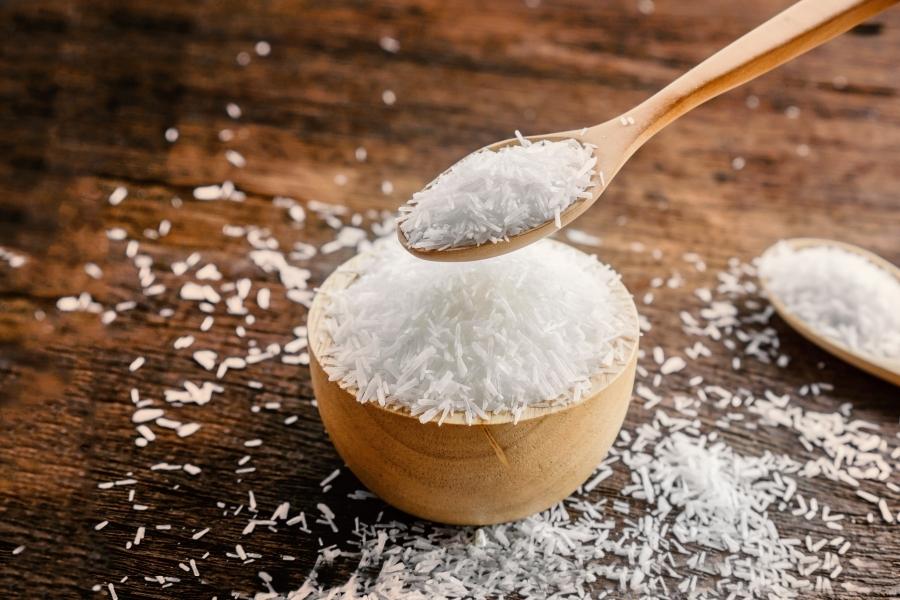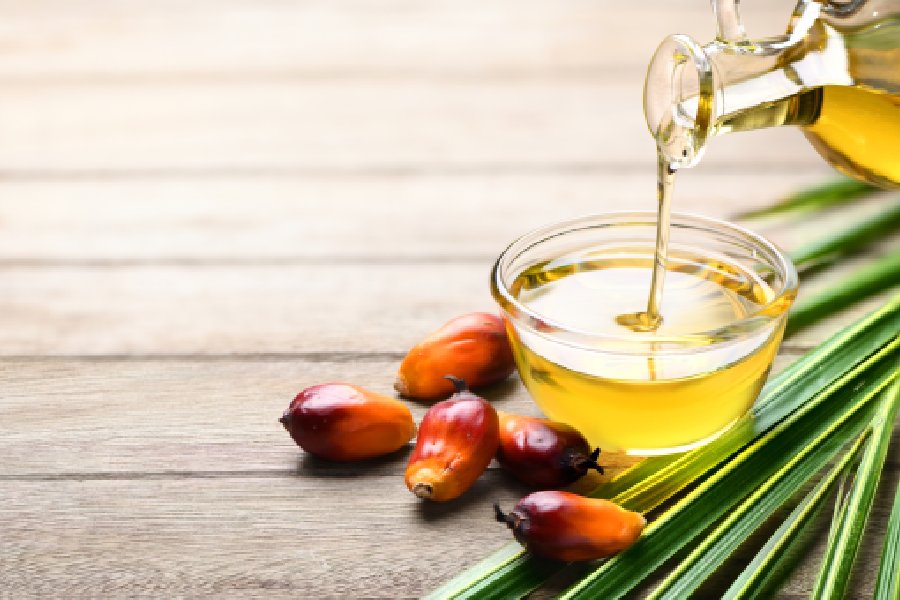There was a time when simply spotting ‘Ajinomoto’ on a restaurant menu was enough to make some diners push their plates aside. Associated with everything from headaches to heart palpitations, MSG, or monosodium glutamate, became the misunderstood villain of flavour enhancement. But, as it turns out, science has long since cleared MSG’s name, and today, more chefs and food professionals are urging people to take a second look at this controversial condiment.
Despite the myths, MSG isn’t some synthetic chemical whipped up in a lab. It’s a sodium salt of glutamic acid, an amino acid naturally found in foods like tomatoes, mushrooms, and cheese. “MSG got a bad name because of the so-called ‘Chinese Restaurant Syndrome’ coined in the 1960s. Symptoms like burning sensations, palpitations and fatigue were reported, but only when consumed in unusually large doses,” said Dnyaneshwari Barve, in charge of Nutrition and Dietetics at DPU Super Speciality Hospital, Pune.
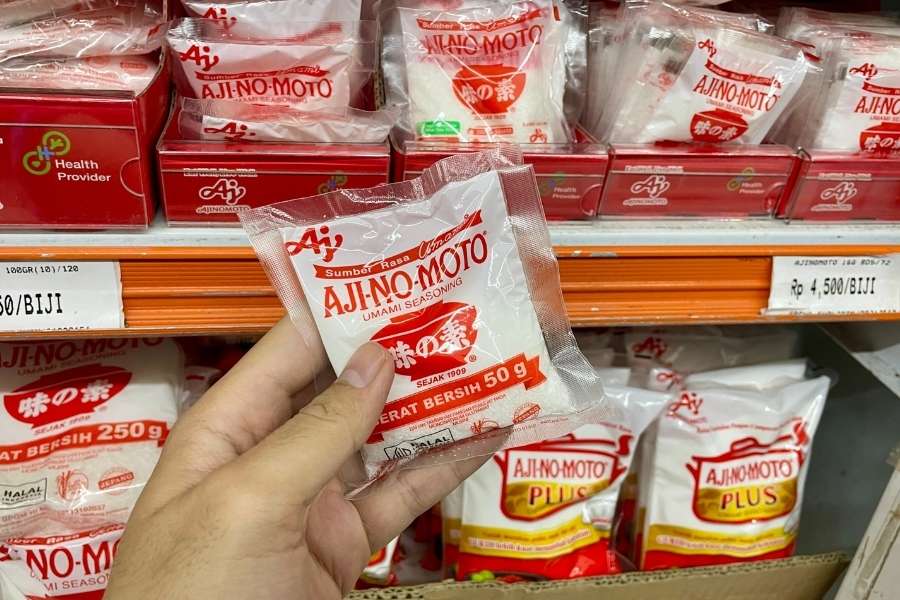
Ajinomoto, the Japanese company that commercialised MSG, has become synonymous with the product itself Shutterstock
MSG was first isolated in 1908 by Japanese scientist Kikunae Ikeda, who also coined the term ‘umami’ to describe its savoury, mouth-filling flavour. Ajinomoto, the Japanese company that commercialised MSG, soon became synonymous with the product itself — especially in India, where the word is still often used interchangeably with MSG.
Scientific reviews, including those conducted by the US FDA and the Federation of American Societies for Experimental Biology (FASEB), have since found no substantial evidence linking MSG consumption with long-term health concerns for the general population. “In fact, MSG contains just one-third the sodium found in table salt. This means it can actually help reduce overall sodium intake when used smartly,” Barve added.
In Kolkata’s kitchens, responses vary
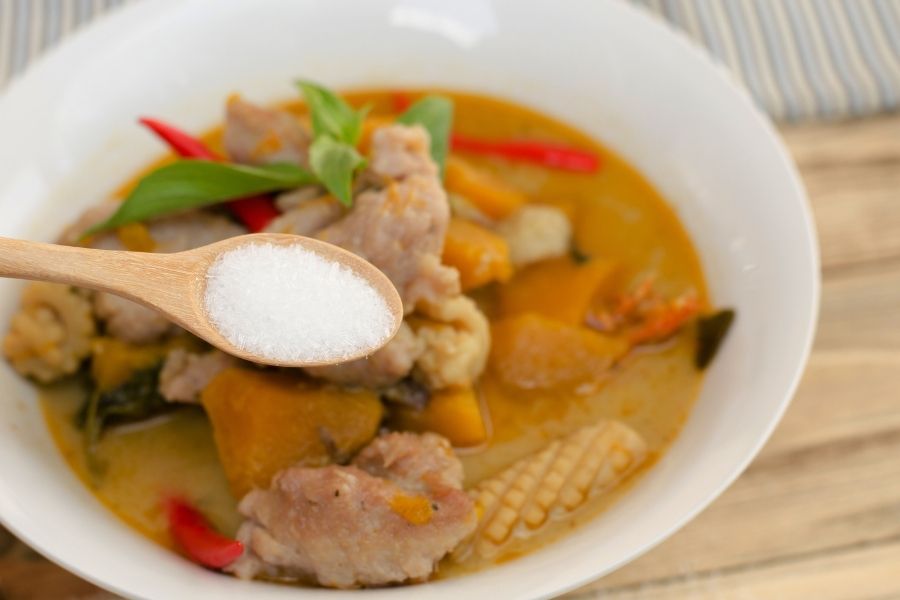
While some kitchens openly use MSG and disclose its use, others have dropped it altogether Shutterstock
Despite the science, the use of MSG remains divisive, especially in a city like Kolkata, where Chinese and Indo-Chinese cuisine are everyday staples. While some kitchens openly use MSG and disclose its use, others have dropped it altogether to cater to changing consumer expectations.
At Ambrosia, a vegetarian Asian diner known for its conscious approach to cooking, owner Pallavi Khaitan said they have chosen to keep MSG out of their recipes. “MSG is a nuanced ingredient; it can enhance flavour, but we choose naturally umami-rich alternatives like fermented bean paste, soy sauce, mushrooms and slow-cooked stocks. With a bit of creativity and balance, it’s entirely possible to create flavourful dishes without ever using MSG,” she said.
Chef Gopal Sethi of Lucky Tigerr, which serves up contemporary Asian fare, said their kitchen focusses on house-made ingredients and traditional techniques. “We don’t use MSG as a standard ingredient. Global food safety authorities like the FDA, WHO, and FSSAI have all confirmed that MSG is safe when consumed moderately, but we believe in ingredient-driven flavour building rather than relying on additives,” he said.
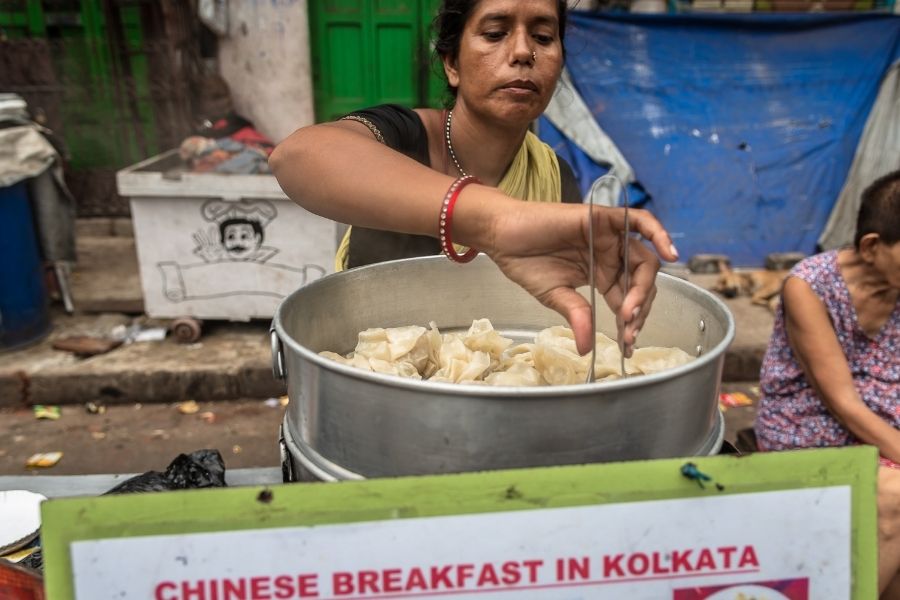
Despite the science, the use of MSG remains divisive, especially in a city like Kolkata, where Chinese and Indo-Chinese cuisine are everyday staples Shutterstock
Then there are brands like Chowman, Oudh 1590, and Chapter 2, which openly state their position. “MSG has long been surrounded by myths, but decades of research confirm it is safe. We believe in transparency, which is why we mention the use of MSG across our dine-in and delivery menus. We even offer a separate kids’ menu that is completely MSG-free for children aged three to seven, and we’re happy to customise MSG-free preparations for pregnant guests,” said Debaditya Chaudhury, who helms these brands.
However, local small eateries are still unaware of the global debate. A Chinese food joint near Behala’s Tram Depot offered a more matter-of-fact response: “We have always used Ajinomoto in our food. My father used it, and I use it. No one ever said it is harmful,” said Bishu Mondal, owner of the stall.
Informed foodies warming up to it
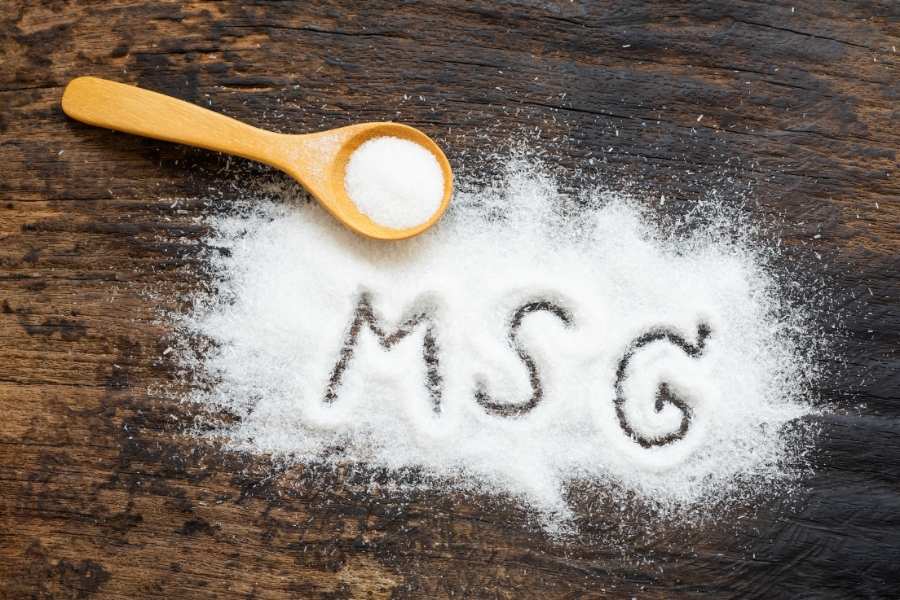
There’s no denying that MSG still has an image problem, one that decades of fear and half-truths have embedded in public consciousness Shutterstock
Many food lovers in Kolkata are also beginning to see MSG differently. “Yes, MSG became a topic of discussion when its use in Chinese food was highlighted. I still look for no-MSG options at times, but recent studies have helped me realise it’s not really harmful unless you overdo it,” said food vlogger Jude Martin.
According to Barve, only about 1% of the population may experience side effects like headaches, flushing or nausea. “Even in those cases, the symptoms tend to be mild and short-lived. Severe allergic reactions are extremely rare,” she said.
The bottom line: it’s about balance, not fear
There’s no denying that MSG still has an image problem, one that decades of fear and half-truths have embedded in public consciousness. But the growing consensus among scientists, doctors and chefs is clear: MSG, in moderate amounts, is safe for most people.
“Despite the safety confirmation by global bodies, we focus on fresh ingredients and natural flavours. It’s about making informed choices and being transparent with customers. We respect public concerns, and that’s why we choose not to use MSG in our food,” said Vidisha Bathwal, founder of Paprika Gourmet.
